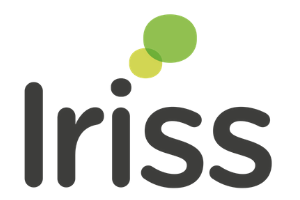Self-directed support: ten years on
Iriss, a charity working to improve the quality of social services, has released a new insight report on Self-directed Support (SDS).
It has been ten years since the Scottish Government produced the first national strategy for SDS and ‘Self-directed support: ten years on’ explores the background to the development of SDS in Scotland, summarises the evidence from policy and scrutiny activity, and considers the future direction of SDS policy and practice.
With reference to Self Directed Support Scotland and the Health and Social Care Alliance Scotland’s ‘My Support, My Choice’ research, the recent Independent Review of Adult Social Care and the upcoming national standards for SDS by Social Work Scotland, the insight report identifies some key points:
- Evidence, both from scrutiny activity and research, indicates a very mixed picture of delivery across Scotland, with some people benefitting and others not having full access.
- Processes for delivery of SDS are often bureaucratic and unwieldy, with the voice of the supported person not being fully heard.
- In order for the goals of the SDS strategy to be fully implemented, a change of culture will be required to fully put the voice of the supported person at the heart of SDS processes.
- There are significant implications for the workforce in terms of training and autonomy; real investment in education and training is required.
You can access the ‘Self-directed support: ten years on’ insight report here.

